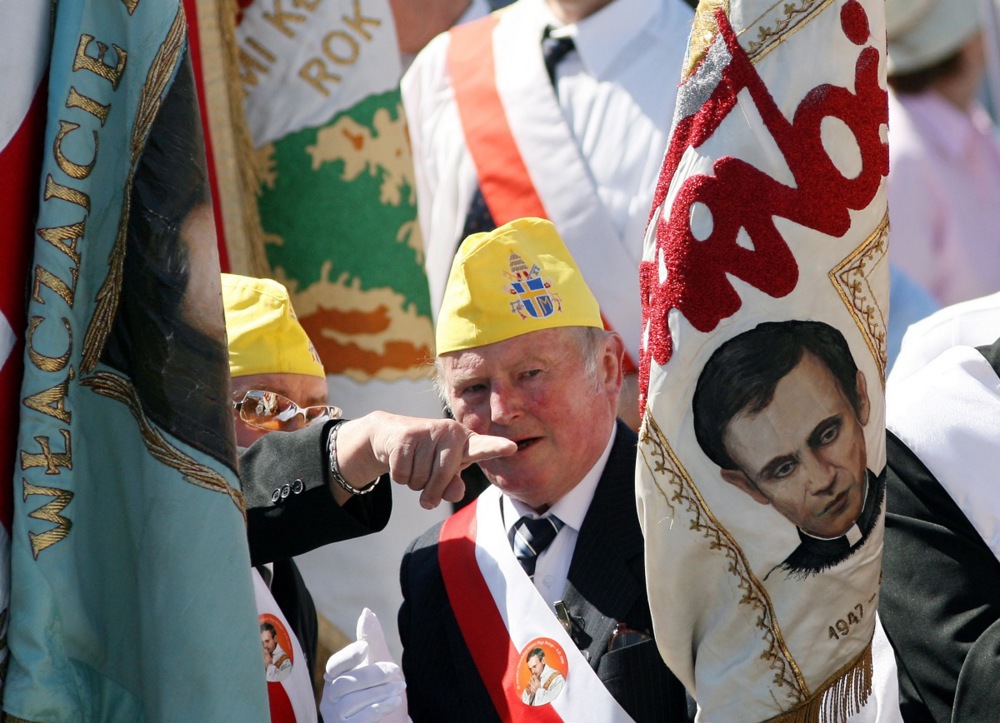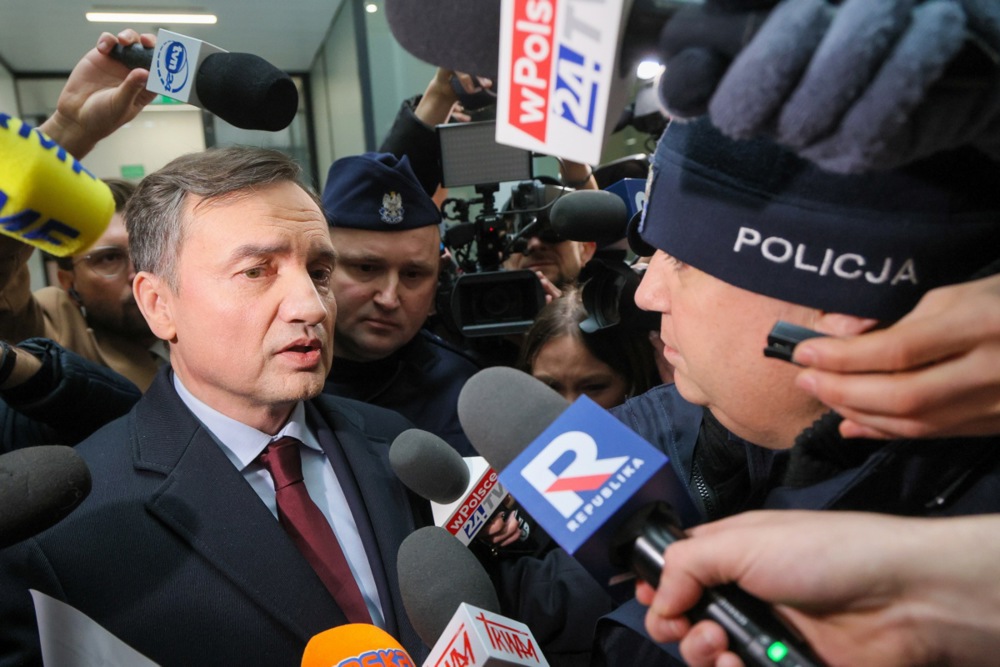The Polish parliament elected as Speaker Włodzimierz Czarzasty, the leader of the Left Party, which is part of the centre-left coalition government led by Prime Minister Donald Tusk.
The election today was held in parliament following the stepping down of the previous Speaker, Szymon Hołownia, leader of the centrist party, Poland 2050. He departed in line with the coalition agreement that decreed the Left Party would hold the post of Speaker in the second half of this parliament (2023-2027).
The position of Speaker in Poland is an important constitutional role as the individual in post has power over the parliament’s agenda. In the event of the president resigning, dying or being removed from office the Speaker also takes over the role of head of state until a new president is elected.
Not all members of the ruling coalition were happy about Czarzasty becoming Speaker.
Bronisław Komorowski, Polish president between 2010 and 2015 and an ally of Tusk’s Civic Coalition (KO) said: “I am horrified about him becoming Speaker. I feel personally offended by this.”
All elements of the parliamentary opposition – the Conservatives (PiS), the Confederation party and the left-wing “Together” party – voted against the ruling coalition’s candidate Czarzasty for Speaker.
Speaking for the PiS, Przemysław Czarnek, former education minister in the previous PiS government, told parliament: “Electing an ally of the Communist dictator and criminal Wojciech Jaruzelski is an insult to this chamber and to our nation.”
Czarzasty was a student activist for the Soviet-allied Communist Polish United Workers Party (PUWP) in the period following the imposition of martial law by General Wojciech Jaruzelski in 1981.
That saw the Solidarity trades union de-legalised, thousands detained and scores of people killed.
In the 1990s Czarzasty became a businessman and publisher, member of the state media regulator (KRRiTV) and a prominent player in the post-Communist Democratic Left Alliance (SLD).
He became leader of the Left Party as the Left declined as a force in Polish politics but despite disappointing election results he remained as leader. In 2023 his party was able to re-enter government for the first time since 2005 as a junior member of a centre-left government dominated by Tusk and his KO party.
Czarzasty has made clear that as Speaker, he intends to be a staunchly loyal plank of the ruling coalition. All bills introduced by the head of state, the opposition and public petitions being considered will be discontinued. Government bills will be given utmost priority to demonstrate “who governs”, he said.
That may yet open another area of conflict between the PiS-allied President Karol Nawrocki and the ruling majority, as the Head of State has over the past few months submitted 11 bills for parliament to consider.
Former Speaker Szymon Hołownia is attempting to leave Polish politics to become UN High Commissioner for Refugees. He has already announced he will not be contesting the leadership of his centrist party, Poland 2050, when it holds its congress in January next year.
The former Speaker was reported to have been tempted to try to remain in post as he had support for so doing from the opposition benches. He resisted making such an attempt when it became clear his own party would not back such a course of action.
Hołownia fell out with Tusk earlier this year when first he stood for president against the PM’s candidate, the Warsaw Mayor Rafał Trzaskowski.
Tensions further rose following the presidential election when Hołownia refused to stop the inauguration of Nawrocki over unsubstantiated allegations about irregularities in the counting of votes.





